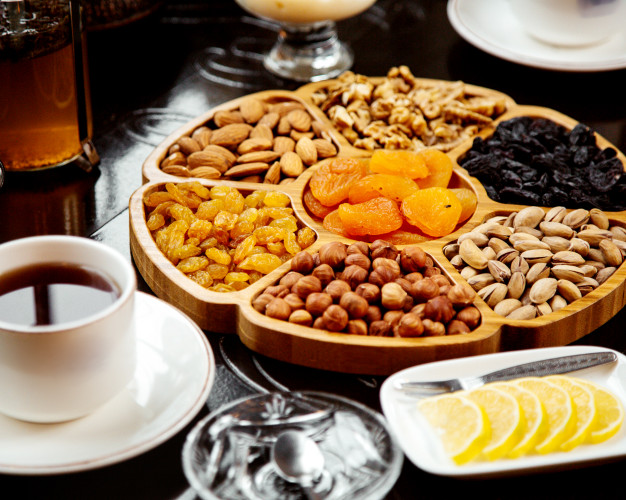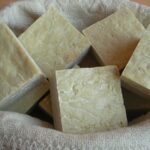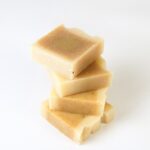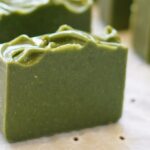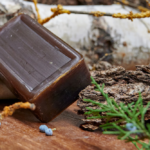Turkey is fortunate to have a territory and climate conducive to the cultivation of many fruits, such as dried fruits, making it virtually self-sufficient in this field. The country is also the 7th largest agricultural producer in the world. With its efficient and developed food industry, the export of its production is all the more flourishing. Focus on dried fruit, which many Turks love.
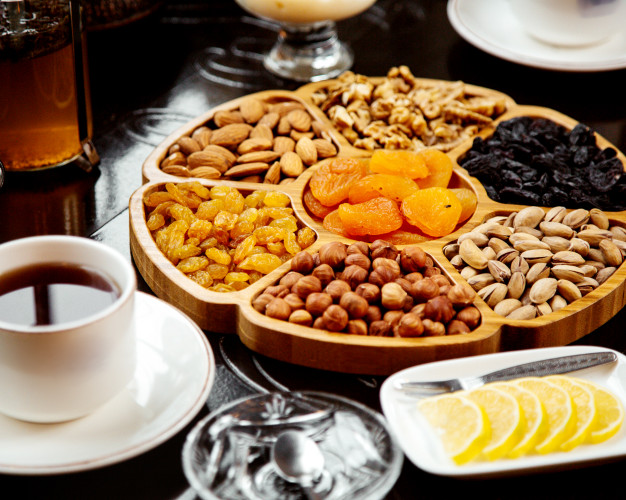
- Dried apricot (Kayısı)
- Dried fig (incir)
- Hazelnut (fındık)
- Pistachio (antep fıstığı)
- Almond (badem)
- An idea of a dish to mix it all up
Dried Fruits
The dried fruit market represents four billion dollars (turnover) each year, including three billion exports. The annual production is 550 thousand tonnes, 90% of which is consumed in Turkey, which represents seven kilograms per capita and per year. Some fruits are naturally dry, but others are sometimes subjected to drying. Their reputation has spread far beyond national borders and Turkey exports worldwide. Here is some information about five dried fruits: apricot, fig, hazelnut, pistachio, and finally almond.
Dried apricot (Kayısı)
Malatya, a region in the south-east of the country, is famous for its apricot production. In the absence of developed tourist activity, this arid, almost desert region is home to many orchards that the Euphrates irrigates. The country is the leading producer and exporter of dried apricots and dried figs (as well as raisins. The leading importers of Turkish apricots are the United States (15,042 tonnes), Russia (15,326 tonnes), Germany (8,587 tonnes), France (7,643 tonnes), and the United Arab Emirates (7,151 tonnes). The five of them represent more than 50% of exports. Rich in antioxidant vitamin A, iron, and potassium, eating apricots reduces the risk of hypertension by stabilizing blood pressure.
Dried fig (incir)
It comes mainly from Bursa, Izmir, and especially from Aydın, on the Aegean coast in western Turkey. Turkey produced approximately 76.9 tons of dried figs between September 2013 and October 2014, with revenues of $253.2 million. According to several studies, the presence of antioxidants and fiber reduce the risk of cardiovascular disease and diabetes (type 2). The dried fig also contains vitamins A, K, B1, and B5 and minerals such as potassium, calcium, magnesium, and iron.
Hazelnut (fındık)
It is mainly produced on the Black Sea coast, in the north of Turkey, such as in the town of Akça Koca. The region benefits from a reasonably mild winter season and a cool summer, ideal for hazelnut cultivation. Turkey is the world’s largest producer, thanks to the region’s hot and humid climate. In 2013, 276 thousand tons of hazelnuts were produced, for a revenue of 1.73 billion dollars. The cultivation of hazelnuts provides a livelihood for about two million people in Turkey. This fruit is known for its ability to reduce the risk of contracting cardiovascular disease and diabetes (type 2). Hazelnut has recognized antioxidant benefits. It also contains various nutrients such as copper, vitamins E, B6 and B1, magnesium, and iron.
Pistachio (antep fıstığı)
Turkey is the third largest producer of pistachios in the world. Gaziantep, in the south-east of the country near the Syrian border, is known for the quality of these fruits. The dry climate of the region is ideal for their cultivation. In 2013, the country exported 6,800 tonnes of pistachio nuts, generating a revenue of $80 million (according to the South East Anatolia Export Union). The Turkish pistachio is known to be small in size but very sweet, even fruity. The fruit provides nutrients such as protein, fiber, minerals (potassium and phosphorus), and many vitamins (B6, E, K, etc.). Consuming 50 to 80 grams of pistachio each day would have beneficial effects in the prevention of cardiovascular diseases such as LDL cholesterol.
Turkey has announced that it intends to build the first city in the country to be heated with pistachio nuts! The site planned for this “premiere” is about ten kilometers from Gaziantep, and is said to affect some 200,000 people. The pistachio shell could become the environmentalists’ best friend.
Almond (badem)
The city of Datça, in the extreme southwest of Turkey, is known to host the Almond Festival during the summer. This event is an opportunity for producers to present their products. Turkey produces approximately 13,000 tonnes each year. Exports of the almond amount to 8,000 tons, which represents $65 million in revenues for the year 2013. Rich in vitamins E, B2 and B3, the almond also contains many trace elements and minerals (magnesium, calcium, and phosphorus). Rich in lipids and proteins, a small amount is enough to provide the body with a lot of energy. Several studies have proven that its consumption contributes to the reduction of LDL cholesterol.
One of the many legends surrounding the fine dough tells that it is said to have appeared in the eighth century in the East, where it was a popular harem sugar factory and was introduced to Europe in the 13th century by the Persians.
An idea of a dish to mix it all up
Aşure is a Turkish dessert made of seeds, fruits, and nuts. It is a traditional dish and commemorates (according to the Bible) the day when Noah’s ark ran aground on Mount Ararat. It is prepared in large quantities, in large pots, and it is customary to offer it to friends, neighbors, and other relations as a sign of peace and respect. There is no specific recipe to prepare the aşure, the ingredients vary according to regions and families, but if you want to follow the tradition, dried fruits and nuts are not to be forgotten!
If you wish to buy dried fruits from Turkey, please do not hesitate to contact us by mail at [email protected] or to call us at +90 532 361 5149. We can help you to get in direct contact with producers or provide you with everything that you need.
